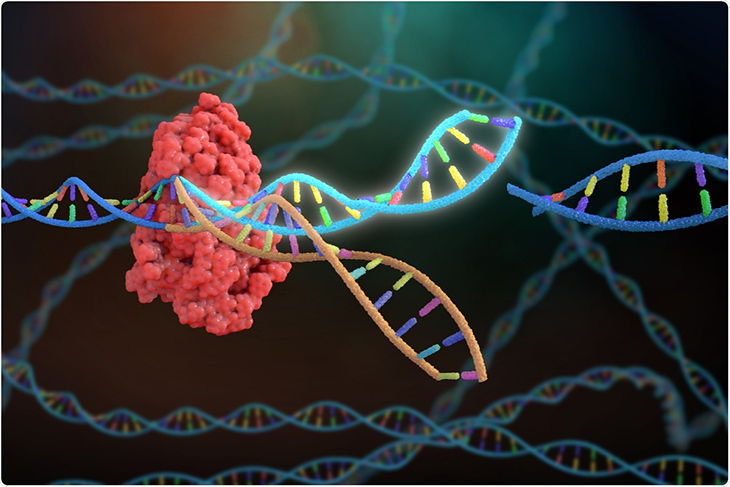
For years, scientists and researchers have been looking for ways to address obesity. While there has been no solid solution just yet, this new technique may be just what they need, especially when it comes to studying the fat cells in the human body.
Fat is important when it comes to life. But as with anything, too much of one thing can be also be dangerous. Having too much fat in the body can result to a variety of health issues. Experts have studied how fat tissue, or adipose tissue, functions in the body which is also critical for them to understand obesity and other issues.
The study isn’t always an easy task. They have to consider structural differences in fat cells and their distribution throughout the body. This is quite challenging to do. “Fat cells are different from other cells in that they lack unique cell surface receptors and only account for a minority of the cells within fat tissue,” said Steven Romanelli, Ph.D. He is from the Department of Molecular & Integrative Physiology at the University of Michigan.
In a new paper published in the Journal of Biological Chemistry, Romanelli, Ormand MacDougald, Ph.D. and their colleagues talk about a breakthrough in terms of addressing obesity. They use a method called CRISPR-Cas9. This is a tool that has transformed molecular biological research. However, when it comes to using this in the study of adipose tissue, findings and details have been elusive.
The said tool employs a gene editing technique comprised of an enzyme called Cas9. This has the ability to break strands of DNA, and a piece of RNA so that this guides the Cas9 enzyme to a specific site in the genome for editing. Moreover, this has been successfully used when they needed to study heart, liver, neurons, and skin cells. But they have never looked into a certain type of adipose cells known as brown fat with this.
The researchers finally tried it out and used the tool. When they did this, the team was able to successfully target brown fat, which is an adipose tissue with a specialized function because this generates heat and protects core body temperature. The researchers used adeno-associated virus CRISPR-Cas9 components, then knocked out the UCP1 gene that defines brown adipose and enabled it to generate heat. They did this using adult mice. They observed and saw that the knockout mice were able to adapt to the loss of the gene and maintain their body temperature even in cold conditions. This meant that there were other pathways involved in temperature homeostasis.
“The biggest challenge in terms of adipose research to date has been that if you want to study a gene’s function, you have to commit a considerable amount of time, resources and money into developing a transgenic mouse,” shared Romanelli.
The orthodox way of developing mouse models had involved breeding mice with a desired mutation to delete or introduce specific genes of interest. This oftentimes took time, or more than a year as was seen in the past. Plus, it required them to shell out tens of thousands of dollars.
CRISPR-Cas9, on the other hand, had successfully revolutionized this process. “What we’ve been able to do is take that whole process and distill it into anywhere from two weeks to a month to generate a transgenic mouse, reducing the cost to less than $2,000. Not only does it reduce time and cost, it democratizes the research so that any lab that is familiar with molecular biology techniques can adopt this method and do it themselves,” said Romanelli.
With this new method, they were able to delete multiple genes concurrently, something that would help these experts better comprehend the important molecular pathways found in the body. While the results produced may still be considered exploratory, this newest breakthrough represents an important step forward, especially when it comes to the study of adipose fat cells in the body.



